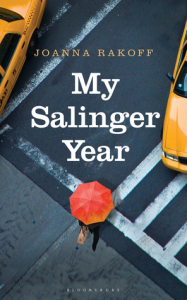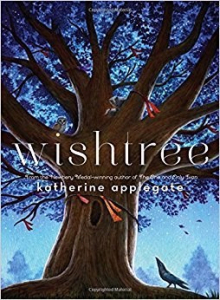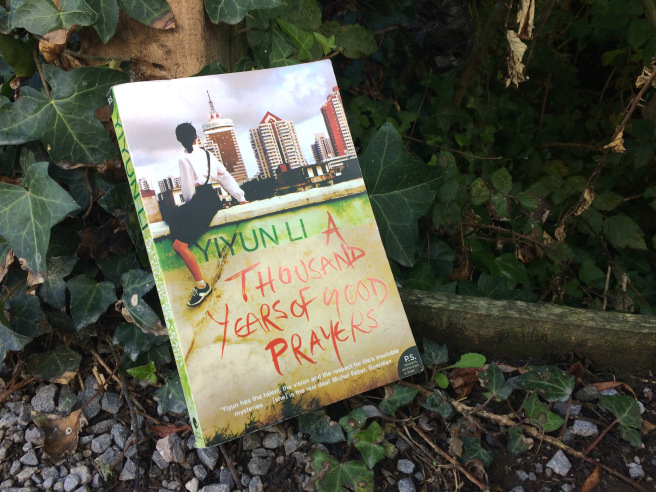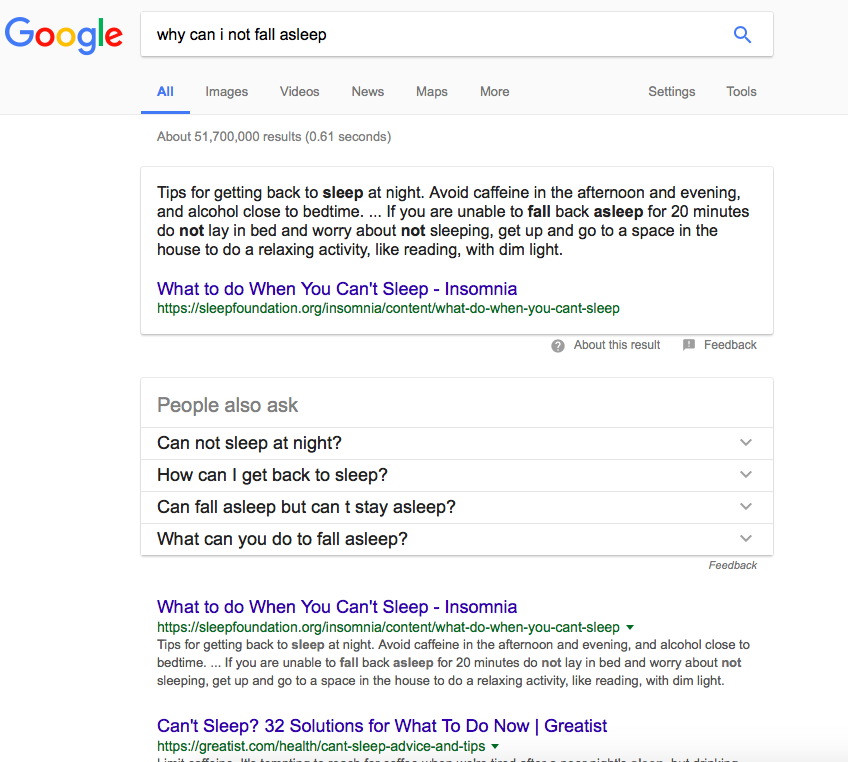 Title: My Salinger Year (2017)
Title: My Salinger Year (2017)
Author: Joanna Rakoff
Read: 23rd – 27th September 2017
Genre: non-fiction; memoir
Rating: 4.5 out of 5 stars
“At twenty-three, after leaving graduate school to pursue her dreams of becoming a poet, Joanna Rakoff moves to New York City and takes a job as assistant to the storied literary agent for J. D. Salinger. She spends her days in the plush, wood-panelled agency, where Dictaphones and typewriters still reign and old-time agents doze at their desks after martini lunches, and at night she goes home to the tiny, threadbare Brooklyn apartment she shares with her socialist boyfriend. Precariously balanced between glamour and poverty, surrounded by titanic personalities and struggling to trust her own artistic sense, Joanna is given the task of answering Salinger’s voluminous fan mail. But as she reads the candid, heart-wrenching letters from his readers around the world, she finds herself unable to type out the agency’s decades-old form response. Instead, drawn inexorably into the emotional world of Salinger’s devotees, she abandons the template and begins writing back… Poignant, keenly observed and irresistibly funny, My Salinger Year is a memoir about literary New York in the late 1990s, a pre-digital world on the cusp of vanishing, where a young woman finds herself swept into one of the last great stories and entangled with one of the last great figures of the century. Above all, it is the coming-of-age story of a talented writer and a testament to the universal power of books to shape our lives.” (Synopsis from publisher)
I was immediately drawn to this book because of its cover and its area of interest – publishing. Publishing has always seemed like this faraway mystical world to me – a place where literary agents represent Author God figures and lunch with publishers such as Penguin and Bloomsbury to secure 7-figure book deals over gourmet food and a glass of wine before they traipse back to their shiny, modern offices on the banks of the Thames in Central London. Publishing is not that, for the most part, but Joanna’s memoir describes the equally mystical and mythical beast of the 1990s literary scene in New York. Fresh out of grad school, she takes a job at a literary agent, struggles to pay rent every month and afford sandwiches to eat at work, drowns under mountains of paperwork, and generally lives the realistic picture of what working in publishing actually is, at those entry-level roles – a lot of admin. She also talks on the phone to authors, or one author in particular – J.D. Salinger, hence the title of this memoir.
” ‘Writing makes you a writer,’ he’d told me. ‘If you get up every morning and write, then you’re a writer. Publishing doesn’t make you a writer. That’s just commerce.’ “
Unsurprisingly for a memoir, 23-year old Joanna is flawed, but very likeable – it would be counter-intuitive, I suppose, to write your story and make yourself wholly unlikable – and whip-smart. Her observations are astute and witty, and I did have a chuckle a time or two over aspects of the publishing industry which even I’ve noticed in my small job at a regional, academic publisher. Where I work is about as far away from this far-off glitz and glamour of New York as it’s possible to be, but what I enjoyed most about My Salinger Year is that Rakoff does not shy away from the monotonous reality of her day-to-day work nor does she try to sugar coat the more difficult aspects of her year working for the literary agency – her apartment is terrible, her boyfriend is THE WORST (I’m sorry, but he is), her work is often quite dry and she undoubtedly felt outside of a sort of privileged bubble which only the literary agents and publishers were allowed inside. Likewise, very real and gritty things happen in her personal life and the personal lives of her coworkers, and she doesn’t shy away from presenting these, warts and all, as they fit with the story she’s constructing – it feels personal, and intimate, and it was an intriguing delight to get to see a proper glimpse into that world through the eyes of a perhaps naive graduate and aspiring writer who just wanted to feel creatively fulfilled and worthwhile. I think I understand a little of that sentiment.
“To read Salinger is to engage in an act of such intimacy that it, at times, makes you uncomfortable. In Salinger, characters don’t sit around contemplating suicide. They pick up guns and shoot themselves in the head. All through that weekend, even as I ripped through his entire oeuvre, I kept having to put the books down and breathe.”
We come to the Big One – J.D. Salinger himself. I must admit that I happily knew nothing about the man going into this, and I don’t know much more about him having read this. We are allowed glimpses, snippets almost, of the man behind some of the most iconic American literature of the 20th century but, just like the reticent man himself, ‘Jerry’ as a character in Rakoff’s memoir never feels fully realised. But the memoir isn’t really about Salinger; it’s about the effect Salinger’s work has on his readers, how people can be so profoundly touched, and influenced by books, and how, often, to quote another bit of literature, “[t]he best moments in reading are when you come across something – a thought, a feeling, a way of looking at things – which you had thought special and particular to you. Now here it is, set down by someone else, a person you have never met, someone even who is long dead. And it is as if a hand has come out and taken yours.” One of Joanna’s jobs at the agency is to sort through Salinger’s many, many piles of fan mail – he doesn’t want to be sent any or to have his address publicised, so it’s impossible that any of these letters will ever make it to their intended recipient, but it’s almost touching to read them through Joanna and to see that, some readers already knew this but just the process of feeling as though they were conversing with their favourite writer became a cathartic and transformative process for these readers. That, in itself, reminded me of the power of books – it helped to remind me that regardless of what politics and tricky processes might be behind taking a book from the mind of the author and getting it onto a page and into the hands of readers themselves, the entire process is worth it for these senses of connection, of empathy, and of shared understanding.
“It gets easier once you’re no longer graded, once you have to assess your actions for yourself.”
If I may revert to a negative amongst all the praise – one thing that bugged me about Joanna’s memoir was how long it took this girl to read some J.D. Salinger. Surely, if you work in the literary agency that represents (of all people) Salinger, and you haven’t read anything of his, you might think you’d pick his work up sooner than she herself did. (Note: I have not read Salinger, no, but I also don’t work for a Press that publishes him so I don’t feel so bad.) I’m sure that, psychologically, there was a reasoning behind her not reading his work despite it being right there opposite her desk every single day, but mostly I found myself frustrated by how many months passed in which she was talking to J.D. Salinger aka ‘Jerry’ on the phone, and reading people pouring out their hearts in his fan mail, but not seemingly caring enough about it all to bother reading The Catcher in the Rye at least. I was extremely frustrated about this… and then I realised… I was treating Joanna and her memoir as though it was fiction, and she was a character in a book. That, to me, illustrates a memoir done well – I was so engrossed in the story and immersed in the New York City that Rakoff was describing that I forgot this was her writing about her past and not a fictitious tale. Likewise, I found it frustrating that younger Joanna couldn’t see what an absolute arse-hat her boyfriend was. You live and learn, I suppose, and Joanna was writing this memoir from a position of hindsight so that undoubtedly affected what she did/didn’t mention about said boyfriend in this crafted recollection. (I still don’t know how it took her that long to get round to reading The Catcher in the Rye though.)
“I know, I said reflexively, but I didn’t. I didn’t want to be normal. I wanted to be extraordinary. I wanted to write novels and make films and speak ten languages and travel around the world.”
As someone currently working my very first job in the publishing world, I related a lot to Joanna, and was able to appreciate some of the observations she makes on the publishing scene in general, despite the fact that she is writing from a completely different perspective to my own. Overall, My Salinger Year represents particularly well an era pre-digital, right on the cusp of that shift before computers and email were the staples of the daily lives of people working in publishing – nowadays, it’s never particularly glamorous, it’s mostly spreadsheets, and that’s ok, you get really excited about spreadsheets. Above all Joanna’s memoir struck a chord in me because of this similarity and difference between the roles and position in life that we find ourselves in; a lot of her concerns and struggles are also things I have considered, and represent a moment of shared understanding, if you will. I’m thankful to My Salinger Year for reaffirming the importance of battling through the (potential) monotony and tricky office politics surrounding the seemingly glamorous world of publishing because, in the end, the payoff is worth it when you get to see how much it means to the people who receive its creative product at the end of it all.
“In literature, as in life, sometimes there are no right answers.”
You can find the book on: Amazon | Book Depository | Goodreads
Goodreads | Twitter | Tumblr | Instagram
Advertisements Share this:




